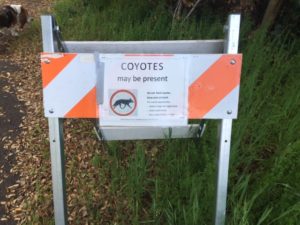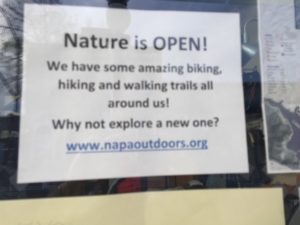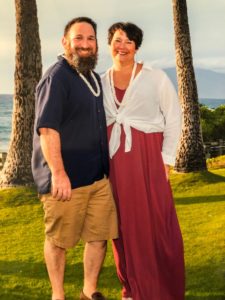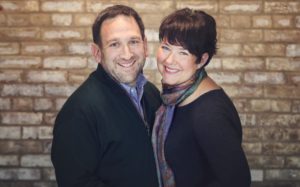There was an article in the New York Times this past weekend that caught our attention. It was titled “We Have All Hit a Wall” and it really resonated for both of us. In particular, the following statement, jumped out:
“A year of uncertainty, of being whipsawed between anxiety and depression, of seeing expert predictions wither away and goal posts shift, has left many people feeling that they are existing in a kind of fog, the world shaded in gray.”
This was written about the pandemic of course but we found ourselves thinking about it in relation to Cassie’s Metastatic Breast Cancer diagnosis as well. Except instead of one year of uncertainty it’s been closer to three. The “whipsawing” reference feels particularly relevant this week as we just learned that Cassie’s cancer has continued to progress. Not a lot by any means, but there has now been growth over the last three scans and we seem to be approaching a juncture where changing medications could well be in order. None of this is remotely unusual, or unexpected, but we definitely feel whipsawed from the high of seeing her back brace removed in February back to the reality and uncertainty that is life with MBC.
We also related to this other point in the article:
“Stress is OK in small amounts, but when it extends over time it’s very dangerous. It disrupts our cycles of sleep and our regular routines in things like exercise and physical activity — all these things make it very difficult for the body to be resilient.”
Lots of stress? Check. Extended over a long time? Check. Disrupted sleep cycles? Check. Diminished resilience? Double check. We have especially found ourselves struggling with resilience. Over this last pandemic-dominated year to be sure, but also over the past few days since we found out about the cancer growth (especially Dan). So what do you do when you’ve hit the proverbial wall? When your resilience is in short supply and continued uncertainty and stress abounds? The article didn’t offer a lot of suggestions which we actually found kind of refreshing. For us, the best we’ve been able to come up with is to go back to basics — to the things that grounded us in the beginning when we felt the most overwhelmed. Cassie said it well the other day: “We’ve just got to focus on living as fully as we can right now in this moment.”
That might not look the same as it did pre-pandemic but with both of us being close to fully vaccinated “living” life can certainly involve a lot more than it has these past twelve months. Bye bye Zoom happy hour and hello in-person cocktails! We’re booking travel and trying to figure out when we will feel safe eating inside a restaurant. We’ve also decided to revisit our buckets (See 3/21/19 post for more on those), refresh them and start actually scheduling things that bring us some lightness and joy. It’s not going to be that easy as we remain anxious, scared and cautious. We have to wait four more months until the next scan but we are not going to suspend our lives until then — especially not after the last year.
It seems like when you hit a wall you have to decide whether you are going to keep trying to push through it or change direction and try something else. This week we are going with the second option.



 It was a wonderful trip but it also got us thinking about vacationing with cancer. Like everything else, it’s different now. The biggest change is that we used to be able to go on a long vacation and leave life behind. Unplug. Forget about work or our to do lists. Recharge. It’s what made vacations so special and we were good at it. Despite our mutual Type A personalities we had both become excellent vacationers adept at letting go, shutting off our email and leaving life at home.
It was a wonderful trip but it also got us thinking about vacationing with cancer. Like everything else, it’s different now. The biggest change is that we used to be able to go on a long vacation and leave life behind. Unplug. Forget about work or our to do lists. Recharge. It’s what made vacations so special and we were good at it. Despite our mutual Type A personalities we had both become excellent vacationers adept at letting go, shutting off our email and leaving life at home. 
